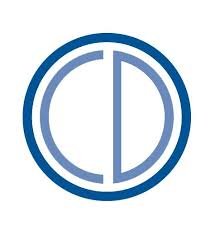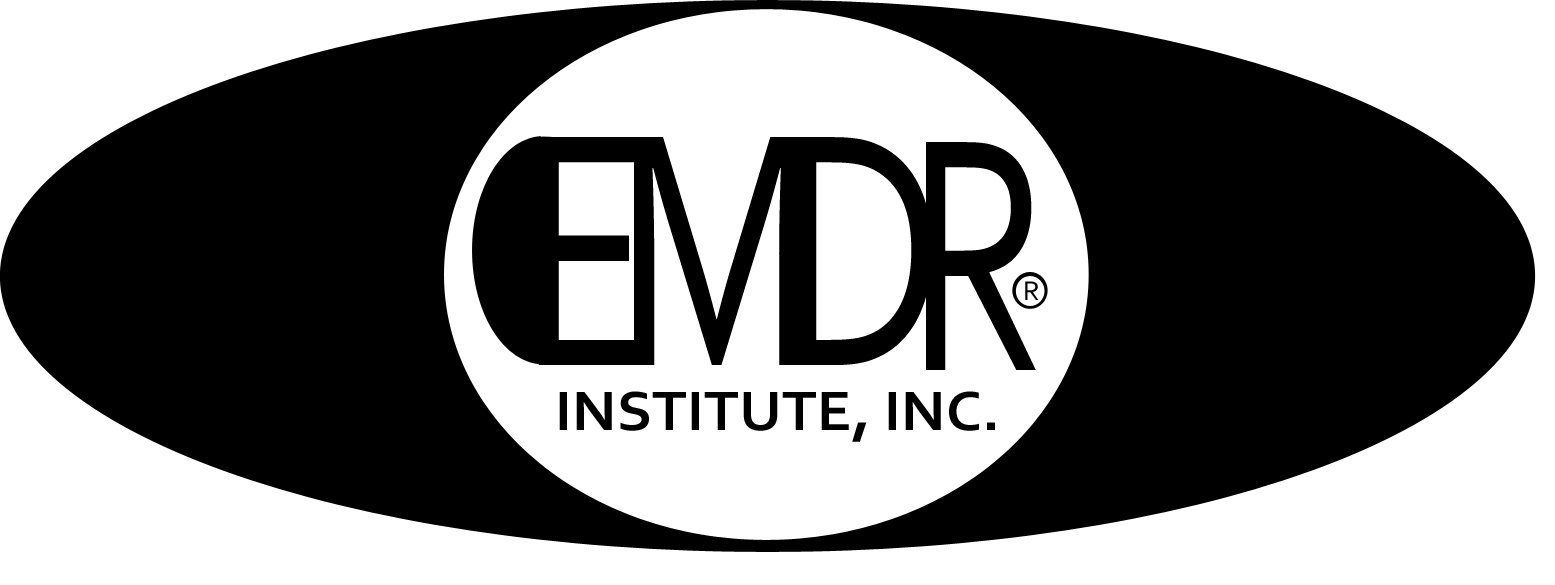Parent-Child Interaction Therapy
PCIT is for children with hyperactivity, impulsivity, inattention, aggression and/or defiance. Caregivers participate in 100% of PCIT sessions. At Hollywood Child & Adolescent Psychology, the minimum length of time required to complete PCIT is 6 months of weekly appointments. Read more at PCIT.ucdavis.edu
Cognitive Behavioral Therapy
CBT changes your child’s thoughts, feelings, and behavior. It is used to treat many different diagnoses, including depression. The amount the caregiver participates in these sessions depends on the child’s need.
Length of time to complete CBT varies significantly. Treatment could be completed in 2 months of weekly appointments. Or, it could be long term. Length of time depends on symptom severity and treatment engagement.
Exposure & Response Prevention
ERP is a type of CBT for children with OCD. Read more at The International OCD Foundation.
Trauma-Focused Cognitive Behavioral Therapy
TF-CBT is for children who have experienced some type of trauma. At Hollywood Child & Adolescent Psychology, the minimum length of time required to complete TF-CBT is 6 months of weekly appointments.
TF-CBT involves teaching you and your child about the type(s) of trauma your child experienced, relaxation strategies, how to identify feelings in self and others, how to cope with negative feelings, helpful versus unhelpful ways of thinking, and safety skills. This education prepares the child to tell the story of their trauma to their caregiver, including their thoughts and feelings about the trauma. The caregiver learns how to best respond to the child’s story. History shows that humans have always used storytelling to heal from trauma. The goal is for the family to move forward beyond the trauma, having integrated it into their life story, rather than excluding it.
Child-Parent Psychotherapy
CPP is for parents and young children who have experienced trauma together. Caregivers participate in 100% of CPP sessions. At Hollywood Child & Adolescent Psychology, the minimum length of time required to complete CPP is 6 months of weekly appointments. Read more at childparentpsychotherapy.com
Dialectical Behavior Therapy
DBT is useful in treating mood disorders, suicidal ideation, and for change in behavioral patterns such as self-harm and substance use.
DBT is divided into four stages of treatment. Stages are defined by the severity of your behavior and/or symptoms. DBT’s ultimate goal is to help you live a life you feel good about. While a meaningful, fulfilling life looks different for each person, we work together to reach the goals of each stage in your progress towards having a life that you experience as worth living. Read more at washington.edu
Eye Motion Desensitization Reprocessing
EMDR involves talking and bilateral stimulation, typically eye movements. The aim is to reduce distress and negative beliefs associated with past overwhelming or traumatic experiences. Read more at emdr. com
Brainspotting
Brainspotting is primarily used in trauma therapy and for the treatment of Post-Traumatic Stress Disorder (PTSD) as it aims to help individuals both reprocess negative events and retrain emotional reactions. During brainspotting sessions, therapists help people position their eyes in ways that enable them to target sources of negative emotion. This process supports individuals in accessing emotions on a deeper level and targeting the physical effects of trauma, which activates the body’s innate ability to heal itself. Read more at brainspotting.com







